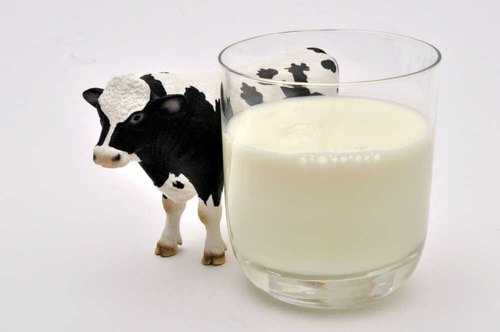Sleeping
As a new parent, you may be surprised to learn that your newborn, who seems to need you every minute of the day, actually sleeps about 16 hours or more! Newborns typically sleep for periods of 2–4 hours. Don’t expect yours to sleep through the night — the digestive system of babies is so small …









